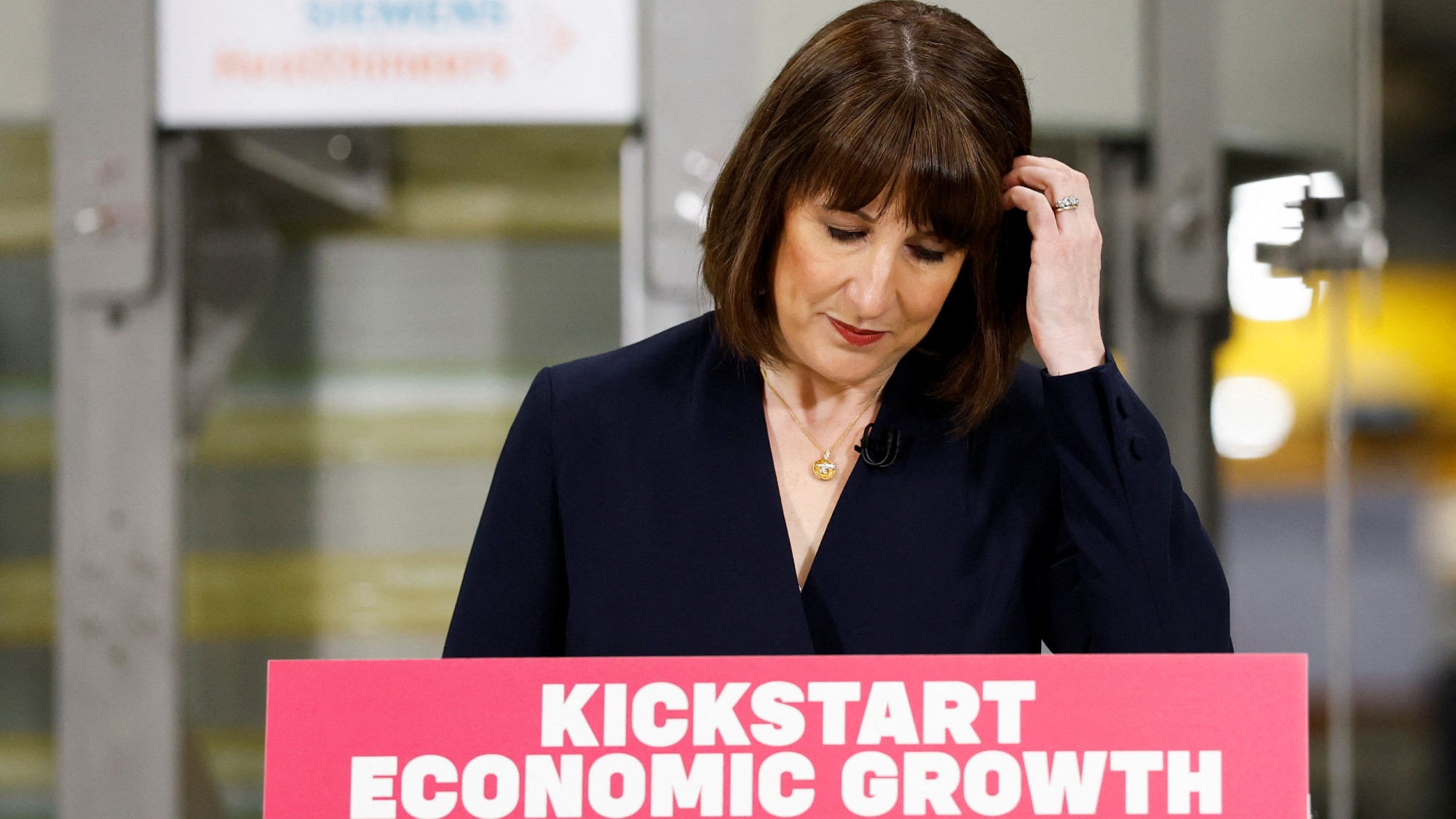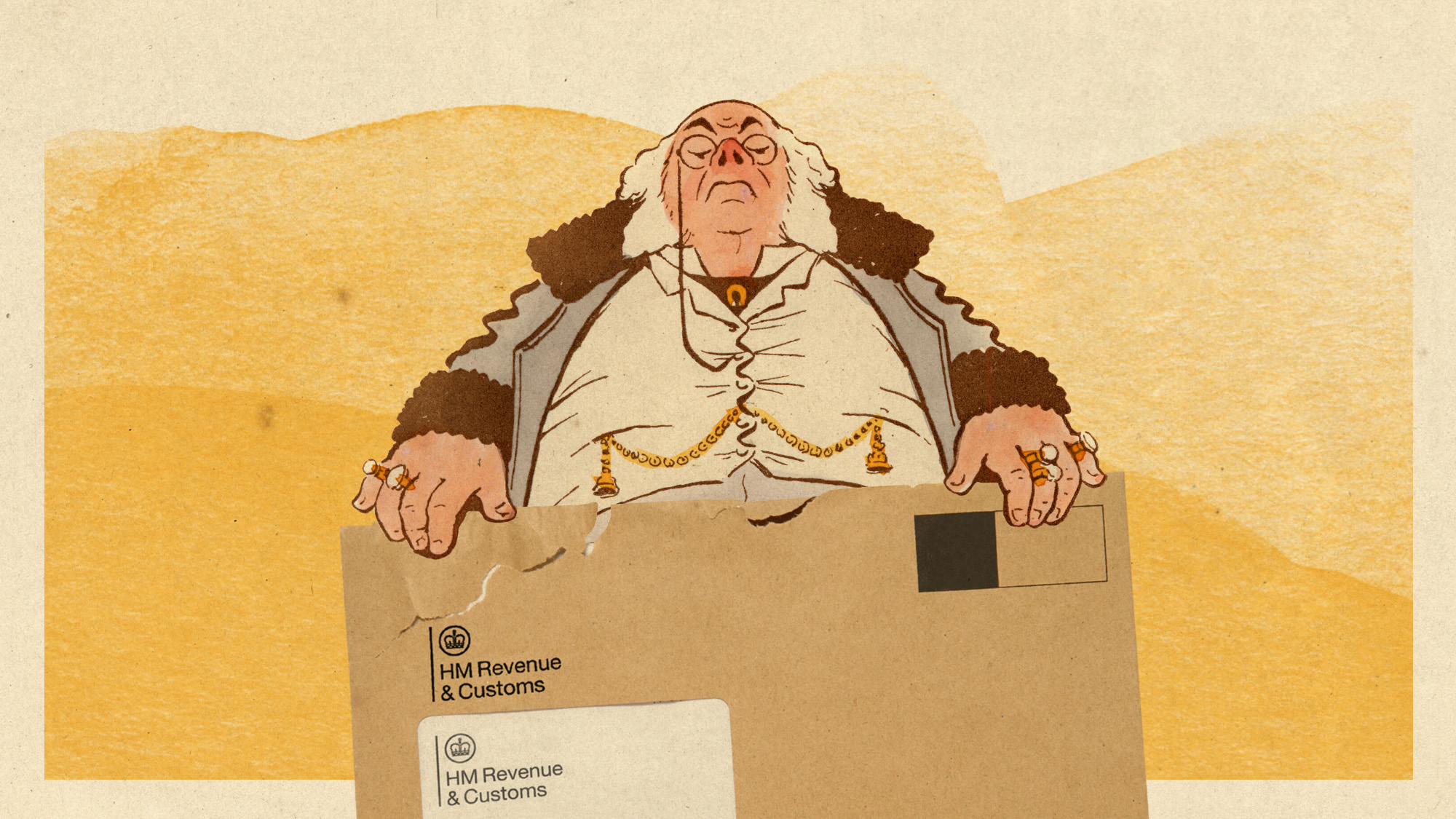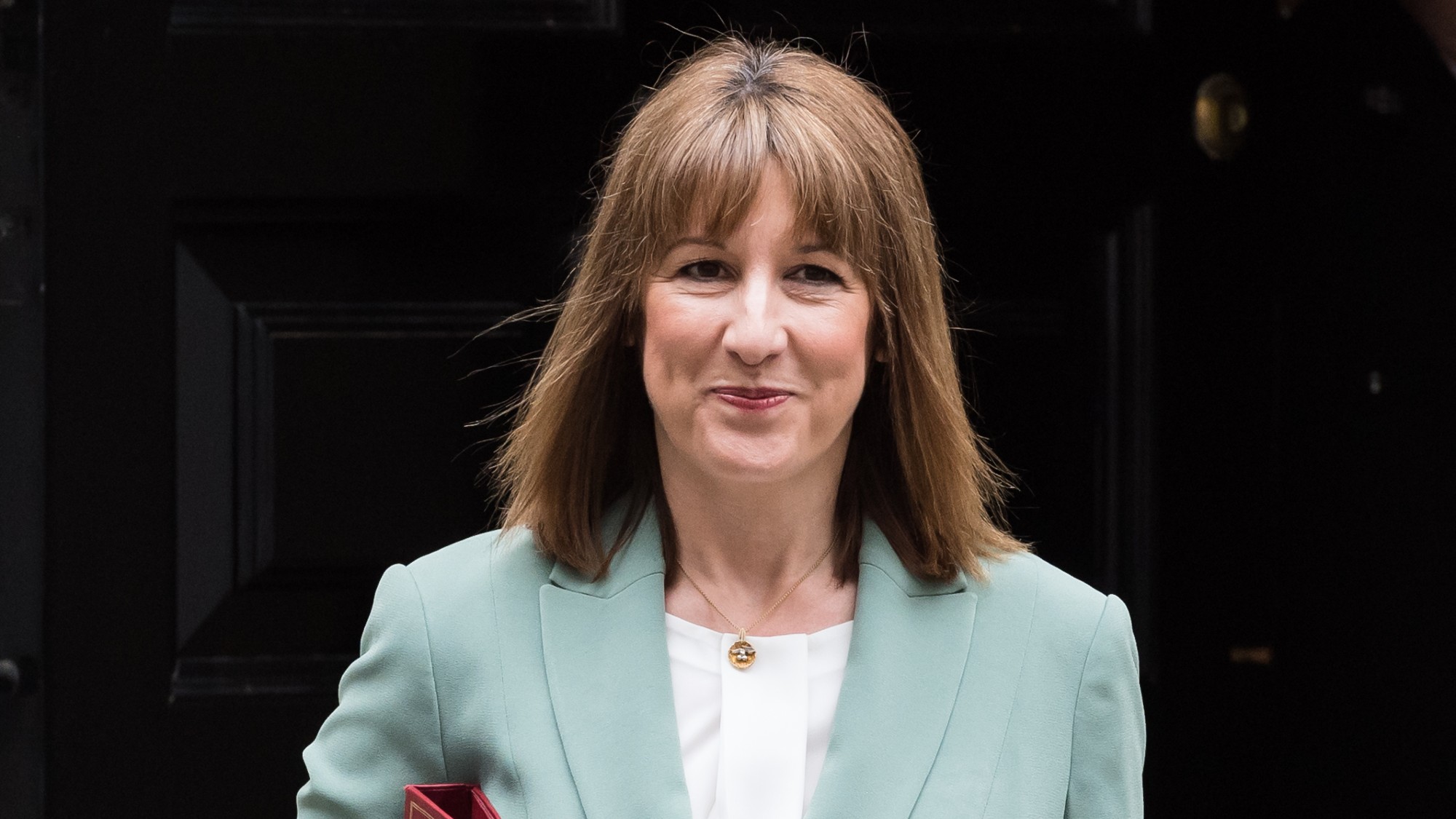Why Britain failed to close £450m AstraZeneca deal
Collapse of plan to expand Liverpool vaccine factory is a 'blow' to Rachel Reeves' growth agenda

A free daily email with the biggest news stories of the day – and the best features from TheWeek.com
You are now subscribed
Your newsletter sign-up was successful
AstraZeneca's decision to cancel a planned expansion of its vaccine factory near Liverpool has left Chancellor Rachel Reeves feeling less than chipper herself.
"Recriminations flew" after the pharmaceutical giant pulled the plug on the project, said the Financial Times, but "how did it all go so wrong"?
What was the deal for?
In November 2023, AstraZeneca proposed a major expansion of its vaccine plant in Speke, a move that would "bolster" Britain's claim to be a leading centre for life sciences.
The Week
Escape your echo chamber. Get the facts behind the news, plus analysis from multiple perspectives.

Sign up for The Week's Free Newsletters
From our morning news briefing to a weekly Good News Newsletter, get the best of The Week delivered directly to your inbox.
From our morning news briefing to a weekly Good News Newsletter, get the best of The Week delivered directly to your inbox.
Soon afterwards, the company laid out the details of its request for support from the then Tory government: it wanted £100 million in grants to help develop the site.
What went wrong?
Things started to go awry when news of the proposed deal leaked, causing "deep frustration" for chief executive Pascal Soriot. But "the matter was smoothed over" and the chancellor at the time, Jeremy Hunt, got a final government offer of £90 million "over the line".
The relationship "frayed" again when the AstraZeneca board became "angered" by the government's "aggressive negotiations" on drug pricing.
Hunt announced the proposed deal but then Rishi Sunak called a general election and the government "entered campaign mode", leaving the deal and a pending AstraZeneca grant application "hanging in limbo".
A free daily email with the biggest news stories of the day – and the best features from TheWeek.com
After the election, the new Labour government claimed there had been no due diligence done on the deal and it offered a revised subsidy of just £40 million, prompting a "hissy fit" at AstraZeneca. Later, the Treasury put £78 million "on the table".
Within months, the company announced it was scrapping the plan. It told the FT this was partly because of "the timing and reduction of the final offer compared to the previous government's proposal".
The announcement was particularly embarrassing for Reeves because it came just hours after she'd named AstraZeneca as one of Britain's "great companies" in a speech about growth.
What does this all mean?
The company’s decision to abandon the Speke project was "seen as a heavy blow to the government", said The Telegraph. In "substance and timing", AstraZeneca's decision is "a blow to the government's recent zeal for growth", said Sky News.
It's the "second multinational to blame the new government for a withdrawal of investment". In November, Vauxhall owner Stellantis said it would close its Luton van plant, blaming net zero targets.
Mike Storey, a Liberal Democrat peer and former leader of Liverpool City Council, told the BBC it was "absolutely shocking" that the deal had collapsed at a time when "billions" were being spent on the life sciences sector in the Southeast.
Andrew Griffith, the shadow business secretary, said that "in the same week" the government talked about growth, it had apparently "fumbled" a deal with "one of the UK's largest companies".
Chas Newkey-Burden has been part of The Week Digital team for more than a decade and a journalist for 25 years, starting out on the irreverent football weekly 90 Minutes, before moving to lifestyle magazines Loaded and Attitude. He was a columnist for The Big Issue and landed a world exclusive with David Beckham that became the weekly magazine’s bestselling issue. He now writes regularly for The Guardian, The Telegraph, The Independent, Metro, FourFourTwo and the i new site. He is also the author of a number of non-fiction books.
-
 El Paso airspace closure tied to FAA-Pentagon standoff
El Paso airspace closure tied to FAA-Pentagon standoffSpeed Read The closure in the Texas border city stemmed from disagreements between the Federal Aviation Administration and Pentagon officials over drone-related tests
-
 Political cartoons for February 12
Political cartoons for February 12Cartoons Thursday's political cartoons include a Pam Bondi performance, Ghislaine Maxwell on tour, and ICE detention facilities
-
 Arcadia: Tom Stoppard’s ‘masterpiece’ makes a ‘triumphant’ return
Arcadia: Tom Stoppard’s ‘masterpiece’ makes a ‘triumphant’ returnThe Week Recommends Carrie Cracknell’s revival at the Old Vic ‘grips like a thriller’
-
 Is the UK headed for recession?
Is the UK headed for recession?Today’s Big Question Sluggish growth and rising unemployment are ringing alarm bells for economists
-
 Can Nigel Farage and Reform balance the books?
Can Nigel Farage and Reform balance the books?Today's Big Question Nigel Farage has, for the first time, ‘articulated something resembling a fiscal rule’ that he hopes will win over voters and the markets
-
 Should Labour break manifesto pledge and raise taxes?
Should Labour break manifesto pledge and raise taxes?Today's Big Question There are ‘powerful’ fiscal arguments for an income tax rise but it could mean ‘game over’ for the government
-
 Autumn Budget: will Rachel Reeves raid the rich?
Autumn Budget: will Rachel Reeves raid the rich?Talking Point To fill Britain’s financial black hole, the Chancellor will have to consider everything – except an income tax rise
-
 How is AI reshaping the economy?
How is AI reshaping the economy?Today's Big Question Big Tech is now 'propping up the US economy'
-
 Pros and cons of a wealth tax
Pros and cons of a wealth taxPros and Cons Raising revenue and tackling inequality vs. the risk of capital flight and reduced competitiveness
-
 Is Rachel Reeves going soft on non-doms?
Is Rachel Reeves going soft on non-doms?Today's Big Question Chancellor is reportedly considering reversing controversial 40% inheritance tax on global assets of non-doms, after allegations of 'exodus' of rich people
-
 Who would win in a China-US trade war?
Who would win in a China-US trade war?Today's Big Question Tariff pain will be higher for China but Beijing is betting it can weather the storm